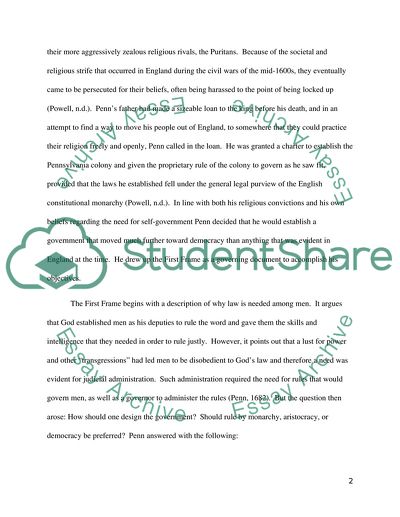Cite this document
(The Ideological Origins of the American Revolution Research Paper - 1, n.d.)
The Ideological Origins of the American Revolution Research Paper - 1. Retrieved from https://studentshare.org/politics/1752344-william-penn-and-the-charter-of-privlidges
The Ideological Origins of the American Revolution Research Paper - 1. Retrieved from https://studentshare.org/politics/1752344-william-penn-and-the-charter-of-privlidges
(The Ideological Origins of the American Revolution Research Paper - 1)
The Ideological Origins of the American Revolution Research Paper - 1. https://studentshare.org/politics/1752344-william-penn-and-the-charter-of-privlidges.
The Ideological Origins of the American Revolution Research Paper - 1. https://studentshare.org/politics/1752344-william-penn-and-the-charter-of-privlidges.
“The Ideological Origins of the American Revolution Research Paper - 1”, n.d. https://studentshare.org/politics/1752344-william-penn-and-the-charter-of-privlidges.


